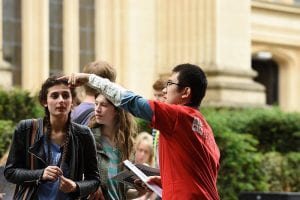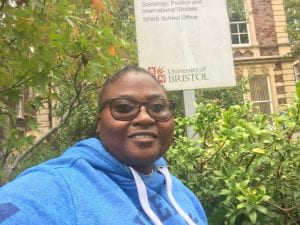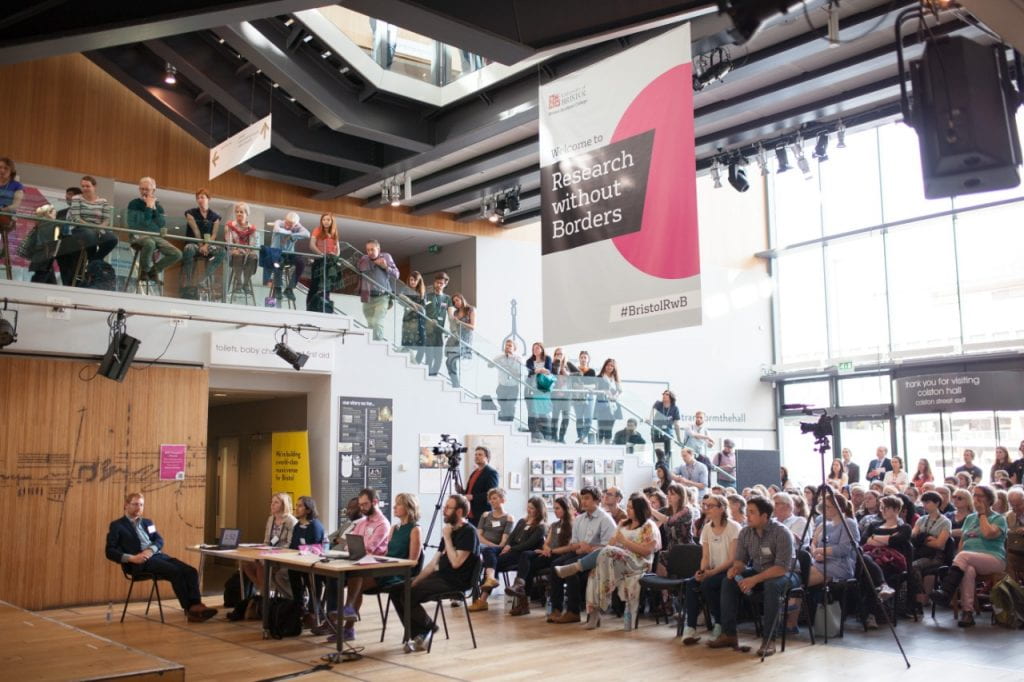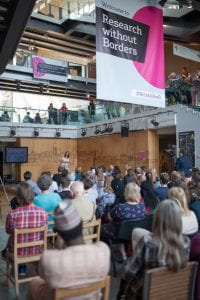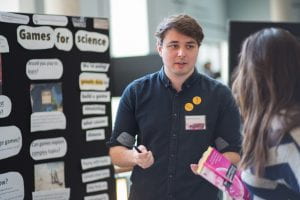Master’s student Lyndon shares his experience of a postgraduate open day
I feel it is important to attend an open day at the university of your choosing for postgraduate study.
Firstly, this is an important step in your academic career, are you ready for the exciting challenge that postgraduate study poses (whether your undergraduate studies have just finished or you are returning from a break in education)?
Secondly, even if you know the university (I didn’t study at Bristol prior to enrolling on my MA) it is important to gauge the feel of the place, the campus, city, course or courses on offer to you and to have conversations with the staff that will teach or supervise your studies.
“My own experience of the postgraduate open day at Bristol was positive… everyone was very friendly and keen to help”
There is considerable information available on university websites even down to unit details, staff biographies/research interests and also student reviews. Although they are a useful first step, I would argue that face-to-face discussions and visits give you a far better idea of what a place is like to study at and what you can expect from your time on a course.
My own experience of the postgraduate open day at Bristol was positive, it was busier than I anticipated, however, there were plenty of volunteers on hand to guide and assist me to find the right people to talk to. More importantly, everyone was very friendly and keen to help, if they didn’t have the answer to a query, they would find the right person to ask and either give you the information or hand you over to that person.
“…after talking to the course director and getting answers to my questions, I was able to decide the best route for my postgraduate degree”
Initially I was considering the MPhil route, as well as the taught MA, but after talking to the course director and getting answers to my questions, I was able to decide the best route for my postgraduate degree. I also needed to decide whether to study full or part time and what that looked like in terms of contact hours, timetabling and study load. I was able to ask questions about units that were likely to be available and what ideas were contained and discussed within the core (non–optional) unit. I chose a full time, taught course, as it suited my circumstances better.
As well as this important, incredibly helpful and informative conversation, there are other benefits to visiting an open day, for example, I was also given guidance about what would be beneficial to include in my personal statement as I was unsure beforehand how to pitch this.
Finally, I was able to get an idea of the geography of the university buildings, including the study facilities, refreshment areas and the libraries. Simply physically walking around the various parts of the campus and its environs, talking to current students and staff gave me a flavour of what to expect should I choose postgraduate study at Bristol.
Reader, despite all the hills, I am glad I chose Bristol for my postgraduate adventure!
Written by Lyndon, History of Art MA
To find out more about postgraduate study attend our Open Day on 20 November


